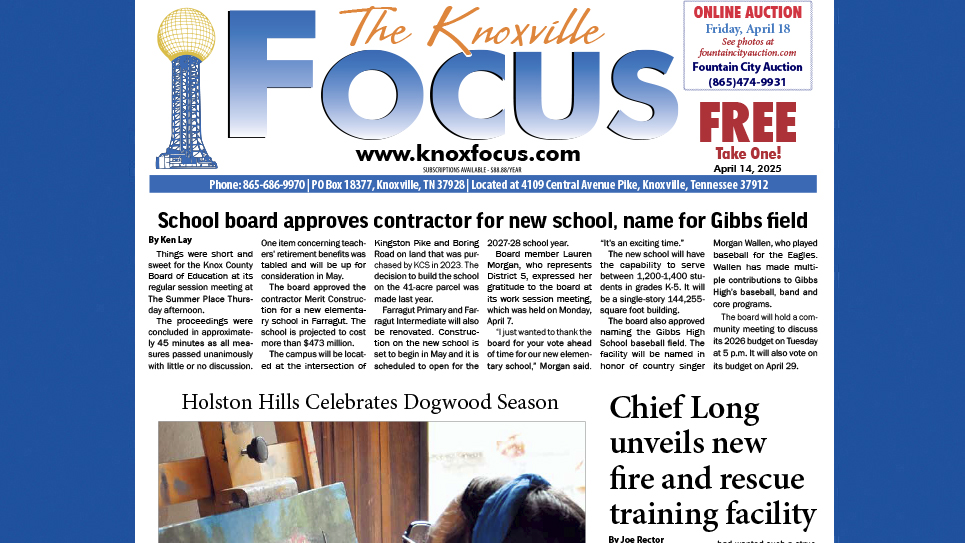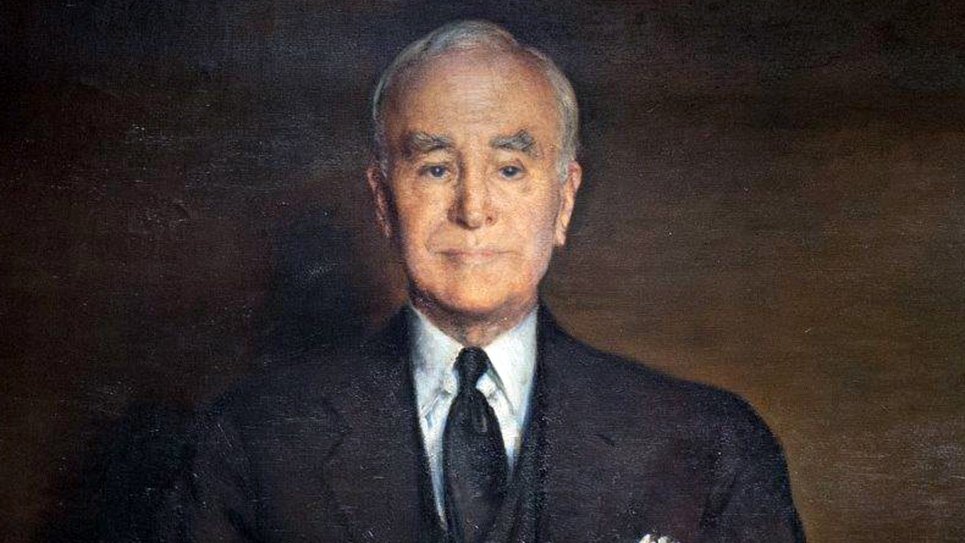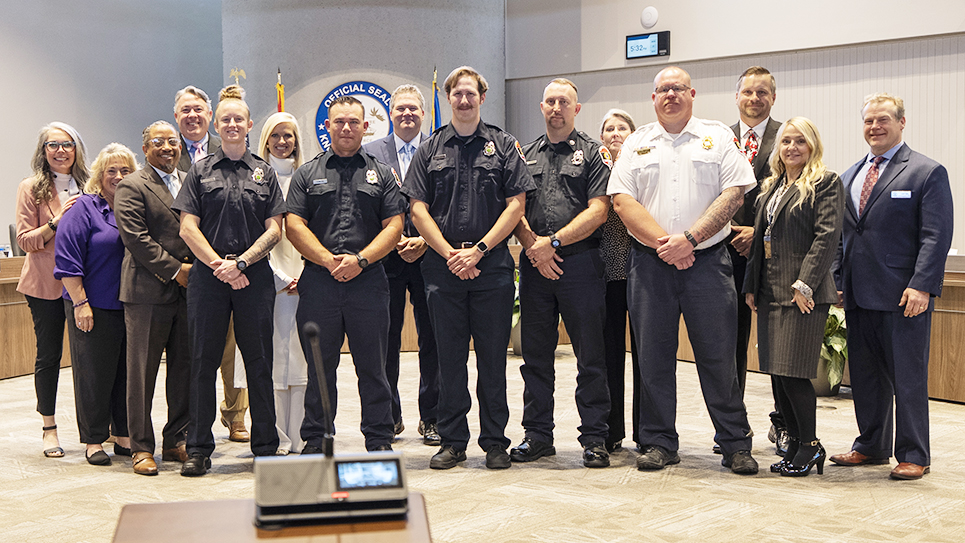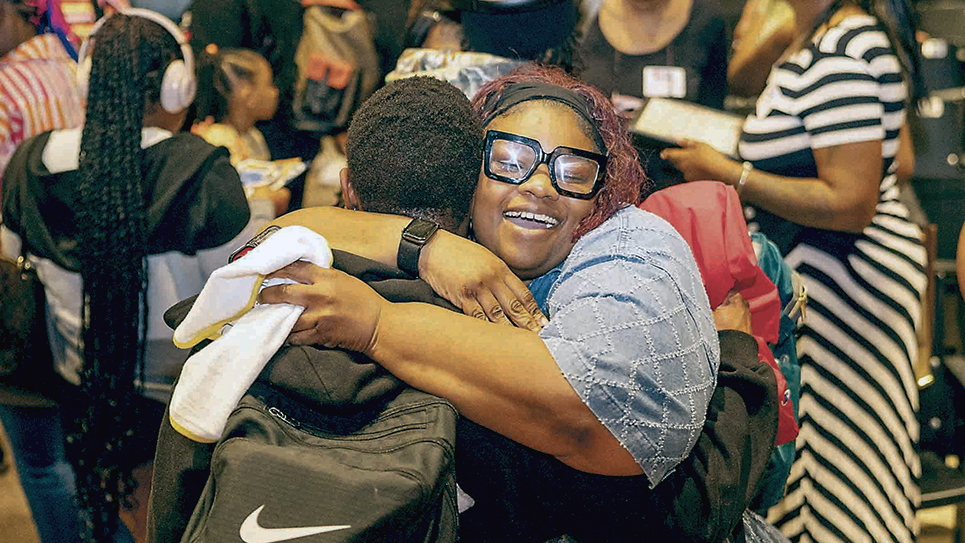By Tom Mattingly
The phone rang, and the caller posed the question succinctly.
Who might be among the most fascinating persons you dealt with in all of Tennessee athletics?
It only took a few minutes to come up with the answer.
Lindsey Nelson was always a delight, recounting all kinds of stories not only about the University of Tennessee, but the whole world of sports as well.
One day after lunch at Long’s Drug Store, Lindsey excused himself, mentioning a meeting that afternoon with the IRS. He said that the discussions would involve “six figures.” The question in response was too good to pass up.
“Income?” came the query.
“No,” he said, “taxes.”
Tom Elam was a “one question interview” in June 1988 when we talked about his days as a student and his lifetime of involvement with the University of Tennessee. That interview went on for several hours and could have lasted much longer.
He settled two legal cases over the telephone while we were talking. We also took time to make an appearance at the Union City Rotary Club, where the wily and crafty colonel was a respected member.
Walking down the streets of Union City with the Colonel was definitely an experience. Local residents always seemed to have had a friendly greeting or a request for help with some local issue.
I enjoyed talking with former basketball player Mike Edwards about his time as a star player in Greenfield, Indiana. Mike was one of Ray Mears’ more highly touted recruits in the days before Bernard King and Ernie Grunfeld.
As he talked about growing up in Indiana, images from the early moments of the movie “Hoosiers” were in the background of a fascinating conversation. Growing up in Indiana as one of the state’s top players had to have been a memorable experience.
Marvin West is a treasure trove of information, a good friend and significant mentor. He has an unlimited supply of stories at the ready from years of Vol sports coverage.
Here’s a case in point, drawn from his coverage of Vol hoops at Stokely Center. When there was a problem at the scorer’s table and the officials were summoned, Marvin was also present, standing behind the confab, notebook in hand, listening intently.
Marvin worked for the News Sentinel, and the official scorer was Russ Bebb of the Knoxville Journal. The News Sentinel and the Journal competed fiercely on the U. T. sports beat, and Marvin wasn’t going to go gently into that good night and let Russ get an edge.
Marvin also introduced Tennessee media to sophomore tailback John Majors in the Crump Stadium press box at the 1954 Mississippi State game.
Majors, set for a redshirt season and not listed on the depth chart, lined up at tailback. Various media types asked who No. 45 was. West, sports editor of the student newspaper, had a quick response: “Majors from Huntland.” He and Majors were classmates, getting acquainted in a lower level geography class. That day set two legendary careers into motion, Majors on the gridiron and West in the newspaper business.
John Ward was equally delightful. That famed voice was always in full flower, recounting the historic moments in Vol athletic history. In Ward’s case, a long ago nickname “stuck,” where someone saw talent and ability long before anyone else.
A story from the Sept. 20, 1953, Journal made reference to the Fulton vs. LaFollette football game that night at Knoxville’s Evans-Collins Field, noting that John “The Voice” Ward would be doing the broadcast.
He was a mere youngster then, but was on his way up as a sports communicator. Somebody at the Journal probably thought he was taking a shot at a colleague, but the unknown writer ended up defining a career.
In 1966-67, the unquestioned highlight was a triple overtime win at Mississippi State, when sophomore guard Bill Justus canned two free throws to earn the Vols a 78-76 victory and bring home the SEC title.
When the game ended, Ward said something like this: “Wrap it up, tie it in orange and white and send it to Bill Justus, care of Gibbs Hall, Knoxville, Tennessee.”
In June 1998, when Ward announced he was stepping down from football and basketball broadcasts, John’s statement was to the point.
“I have a prepared statement, and I’m going to read it. Verbatim. ‘It’s time.’” With that, he sat down, although he did answer questions a moment or so later.
Ward was truly a legend, although he never thought of himself that way. When he spoke, Tennessee fans listened.
Good guys all.
These were the initial answers to one phone call.






